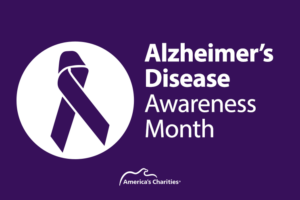Sarah Ford | August 19, 2014
Detention centers should end excessive isolation of young people
By Theodore Shaw
As a community advocate for the Southern Poverty Law Center, I spend countless hours visiting children in Mississippi and Louisiana jails to ensure they are safe and their rights are being protected.
I listen closely to what these young people have to say. Sadly, there’s no shortage of disturbing and heartbreaking stories. Some of the most troubling don’t even involve an encounter with another prisoner or a guard, but rather the pain of solitary confinement.
These young people tell me about how they ended up talking to themselves – and even the walls – as a result of this harsh punishment. I hear anecdotes that point to the tell-tale signs of psychosis born out of long hours in solitary confinement. They report depression, anxiety and even suicidal thoughts. It’s even worse for young people with disabilities.
That’s why it’s encouraging that an effort is under way in the U.S. Senate to virtually end this practice. The REDEEM ACT (Record Expungement Designed to Enhance Employment Act), introduced earlier last month by Sens. Rand Paul and Cory Booker, includes a provision that would bar the solitary confinement of juveniles except when it’s necessary to protect a juvenile detainee or those around that individual.
This change is desperately needed.
Courts and other officials have recognized that young offenders are fundamentally different from adult prisoners, who might be better equipped to endure solitary confinement. Unfortunately, many detention centers continue to ignore these findings, possibly derailing young lives in the process.
Two years ago, in Miller v. Alabama, the U.S. Supreme Court rejected mandatory life sentences with no possibility for parole for young offenders. In that ruling, the court emphasized that children possess a greater capacity for reform than adult offenders. The high court referred to research showing that parts of the brain involved in behavior control continue to mature through adolescence.
In fact…
Get Resources and Insights Straight To Your Inbox
Explore More Articles
Open Position: Customer Service Coordinator (Remote-Part Time)
Position Title: Customer Service Coordinator (Remote – Part Time) Department: Charitable Funds Management Solutions We are a non-profit charitable organization looking for skilled individuals who…
Read ArticleGet Resources and Insights Straight To Your Inbox
Receive our monthly/bi-monthly newsletter filled with information about causes, nonprofit impact, and topics important for corporate social responsibility and employee engagement professionals, including disaster response, workplace giving, matching gifts, employee assistance funds, volunteering, scholarship award program management, grantmaking, and other philanthropic initiatives.




